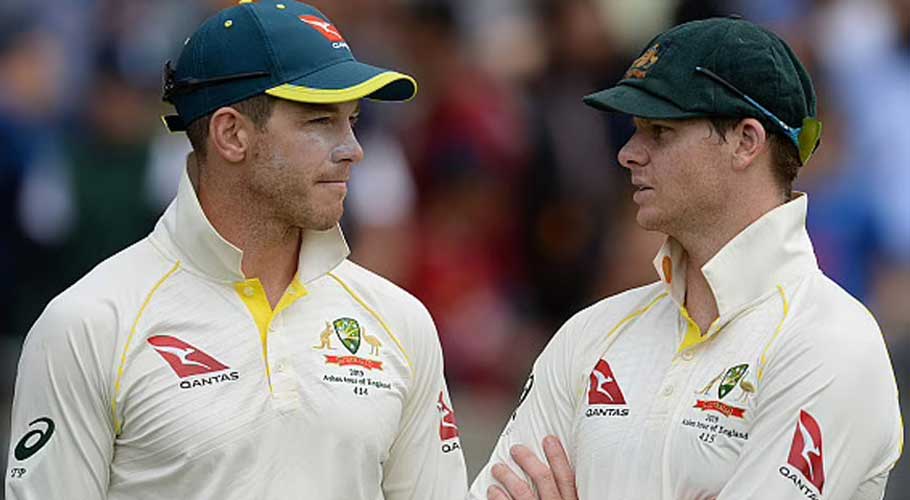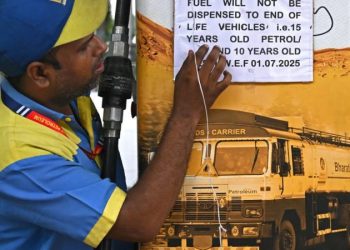SYDNEY: Australian skipper Tim Paine on Tuesday asserted that some players in the camp would not be ‘comfortable’ touring Pakistan next year, admitting that there would be issues “that will pop up”.
“There’ll be some guys who will be happy to take the experts’ advice and others will want to know a bit more,” the Australian skipper said, while speaking to Australian radio station SEN.
“If we’re totally honest, there might be some people who aren’t comfortable going regardless,” Paine said, adding that there will be “issues that will, I’m sure, pop up.”
Paine said the team will discuss the subject and hopefully, get the right answers. “Hopefully, we will get the best team we can,” he said, adding that the decision to either go or not go to Pakistan rests with an individual, instead of the team.
He also recalled touring Pakistan in 2017, with the World XI side, while stating that he was both unnerved and reassured by the “extraordinary” security measures.
“The security that we had on that tour was unlike anything that I’ve ever seen in my life,” Paine said. “We had helicopters overhead, roads shut down five kilometres around us, checkpoints like every kilometre into the ground, it was extraordinary,” he added.
“The fact you’re seeing it and thinking to yourself it may be necessary can be a bit unnerving, but at the same time to see the planning and execution of it, with literally a couple of choppers above your bus 20-30 metres above your head was comforting but also unnerving at the same time,” he concluded.
A day earlier, the Pakistan Cricket Board (PCB) and Cricket Australia both confirmed that Australia will play three Test matches, three ODIs and one T20I in Pakistan next year. The tour, however, will go ahead only after security clearance is issued.
It must be noted that, as part of the reconnoitering process, Cricket Australia’s delegation will visit Pakistan to meet with PCB officials as well as provincial and federal authorities to discuss and finalise matters relating to team operations, logistics, security and Covid-19 protocols.

































